Samsung vs Hisense — Which of These TV Brands Wins for Style, Quality, and Value in 2025?
"Now is a sweet time to invest in this brand," says our TV expert about the Samsung and Hisense debate, but which wins out overall?

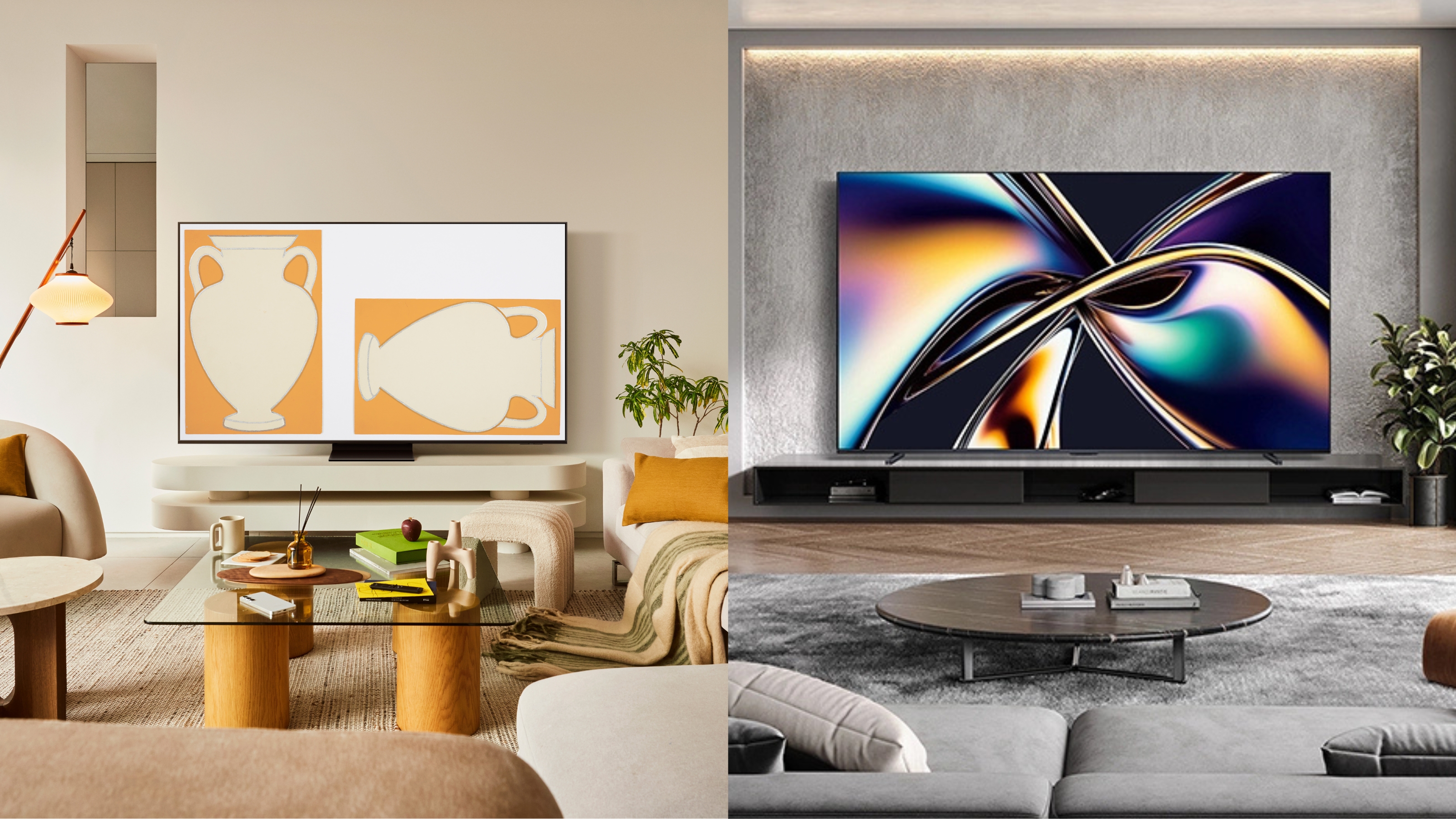
Choosing between Samsung and Hisense for your new TV is not just a battle between brands, but nations. This is South Korea and China fighting it out to see who can offer the highest quality tech and the most affordable price.
This isn't the first time this has happened. In fact, what Chinese brand Hisense is doing to Samsung is just what Samsung did to Sony in years past. It's for this reason that it can be a sweet time to grab a deal on Hisense, which is aiming to undercut the market leaders while still offering great features.
Yet, Hisense has moved into the more premium end of the market in more recent times, and the best Samsung TVs now cover a more complete range of options. Which begs the question, which is the best brand for me?
In 2025, Hisense announced a raft of top new TV options, including the flagship A85Q OLED TV (here on AO.com), its specialist E7Q Pro gaming QLED, and its new Canvas TV, which is directly aimed at design fans and stands against Samsung's The Frame, which until now has largely dominated that part of the TV market.
So let's break down all you need to know in the big debate over these two TV brands. In this test, Samsung just eeks out a win ahead of the more budget-friendly Hisense, although based on your needs, that may vary. Don't presume spending less means sacrificing more before you pick your new ideal TV.

Luke is a veteran journalist and editor of over two decades where he has written about everything but specializes is technology, also writing for T3, Tom's Guide and TechRadar. He's been testing TVs for over 20 years, and has seen the fads come and go, and technology evolve over this time, so he's uniquely placed to advise on which elements are worth investing in for your home theatre set-up.
Design
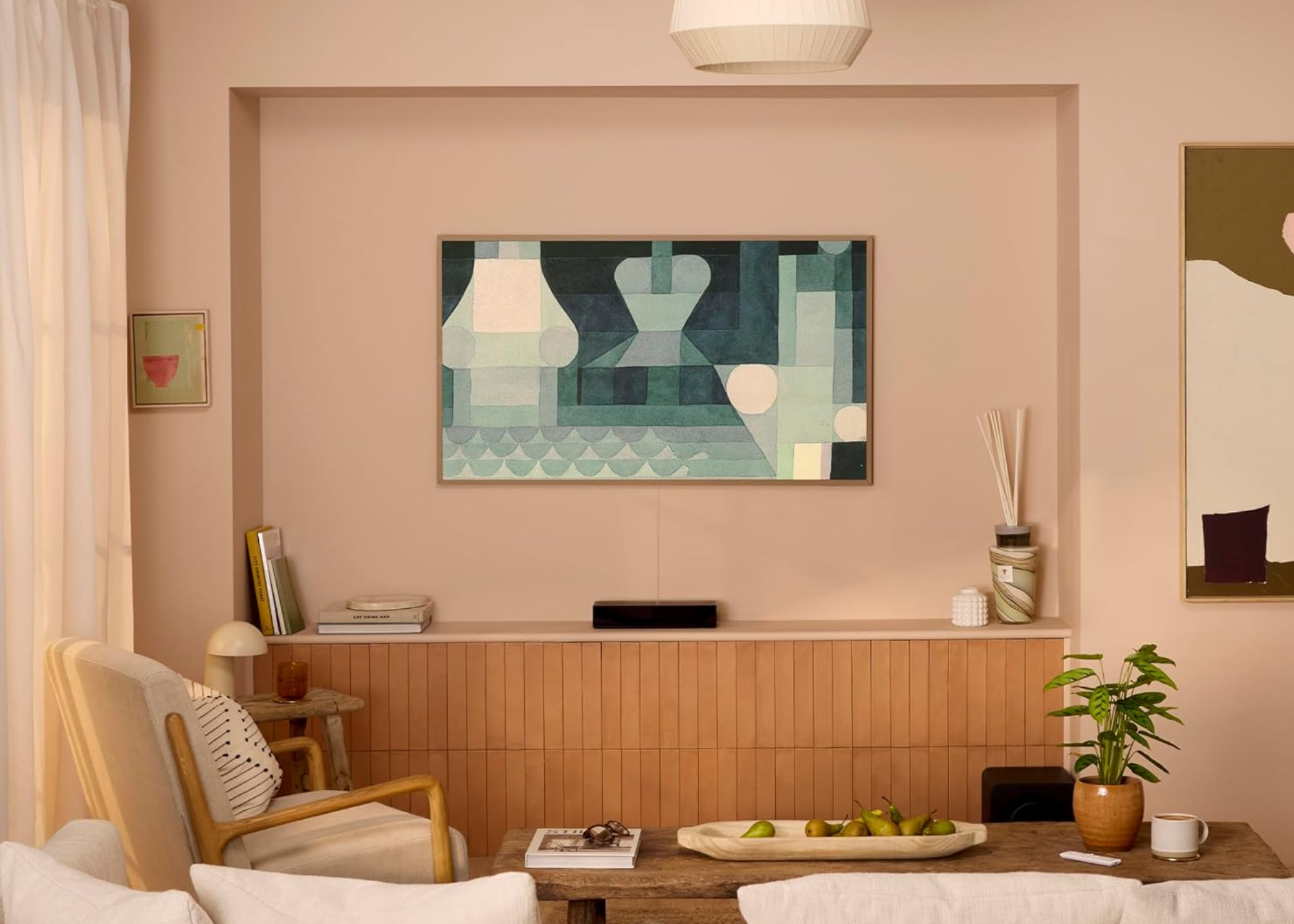
Samsung and Hisense are now gunning for glory when it comes to the design of their television offerings. Both are famed for their wide range of TV options, with something to suit most needs and most budgets. They've also both been consistent in offering a premium design finish that's uniquely theirs.
Both now offer a selection of panel technologies, including OLED, QLED, and mini-LED. Across those are a wide range of size options from 32-inch models right up to whopping 98 inches in Samsung's case and 116 inches for Hisense.
The Livingetc newsletters are your inside source for what’s shaping interiors now - and what’s next. Discover trend forecasts, smart style ideas, and curated shopping inspiration that brings design to life. Subscribe today and stay ahead of the curve.
When it comes to "design" specific models, Samsung led the charge with The Frame, which is designed to look like a picture frame. This features a super minimal bezel so you can display art or your photos using a digital frame of choice, to suit the space. You can read our review of Samsung's The Frame for more.
Samsung's Lifestyle Collection takes this further with The Serif, which comes on four legs that allow it to be moved while making a strong design statement. The Bouroullec Brothers designed this to feature a matte display for a glare-free viewing experience.
Samsung also offers The Sero, a TV designed to rotate and give you a smartphone-style portrait experience for digital viewing. And then there's also The Terrace, which is designed to be bright, glare-free, and weatherproof for outdoor viewing, even in sunlight.
Hisense has begun to compete in 2025 with the introduction of its new Canvas TV. This also offers a matte finish for a glare-free viewing experience. You can use the Art Mode to display pieces on your wall as if framed, only this way you can change when you need.
Winner: Samsung
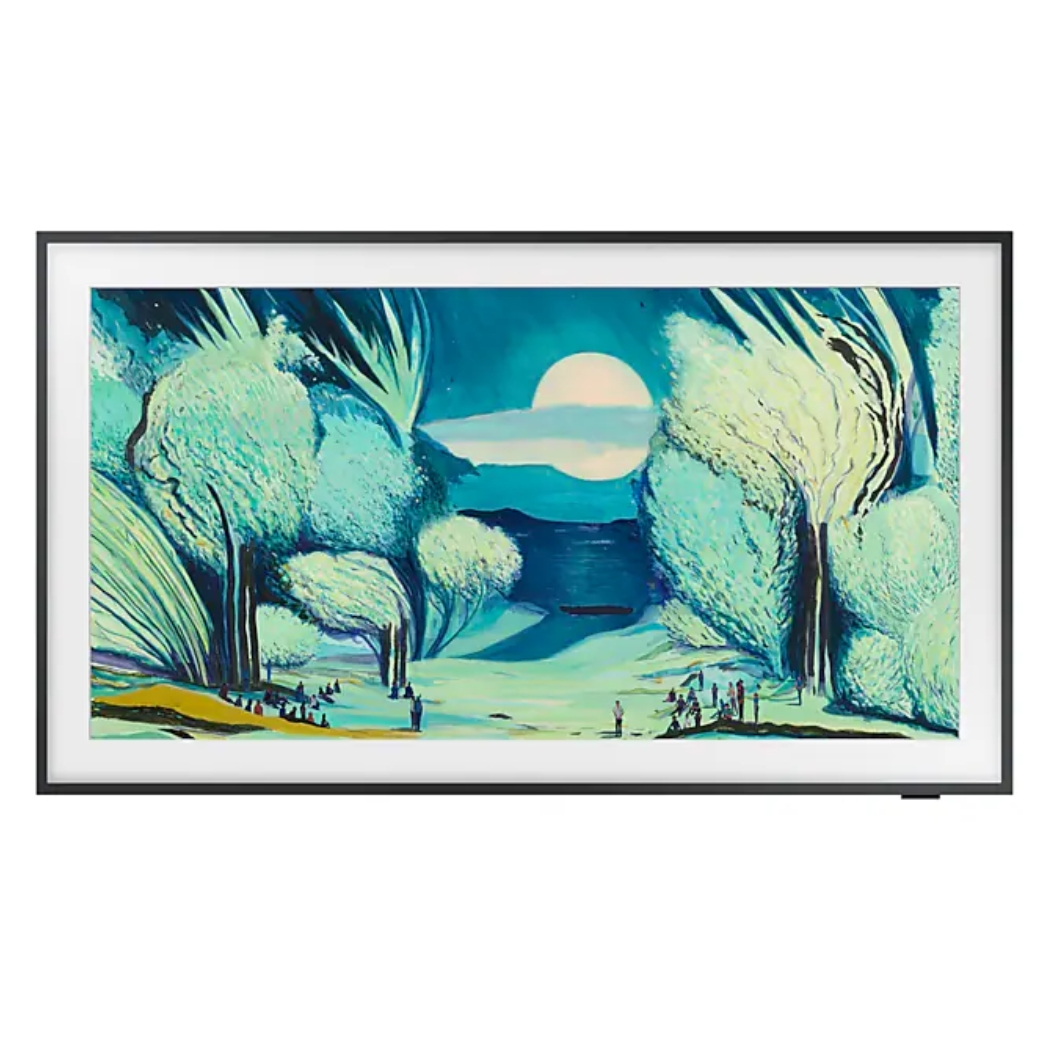
Samsung The Frame is a perfect option if you want a TV that can blend into the wall when not in general viewing use. Display art, your own photos, and anything else you can think of, using this bright and rich 4K panel. Thanks to a selection of digital frames, this can fit the space and what's being displayed perfectly.
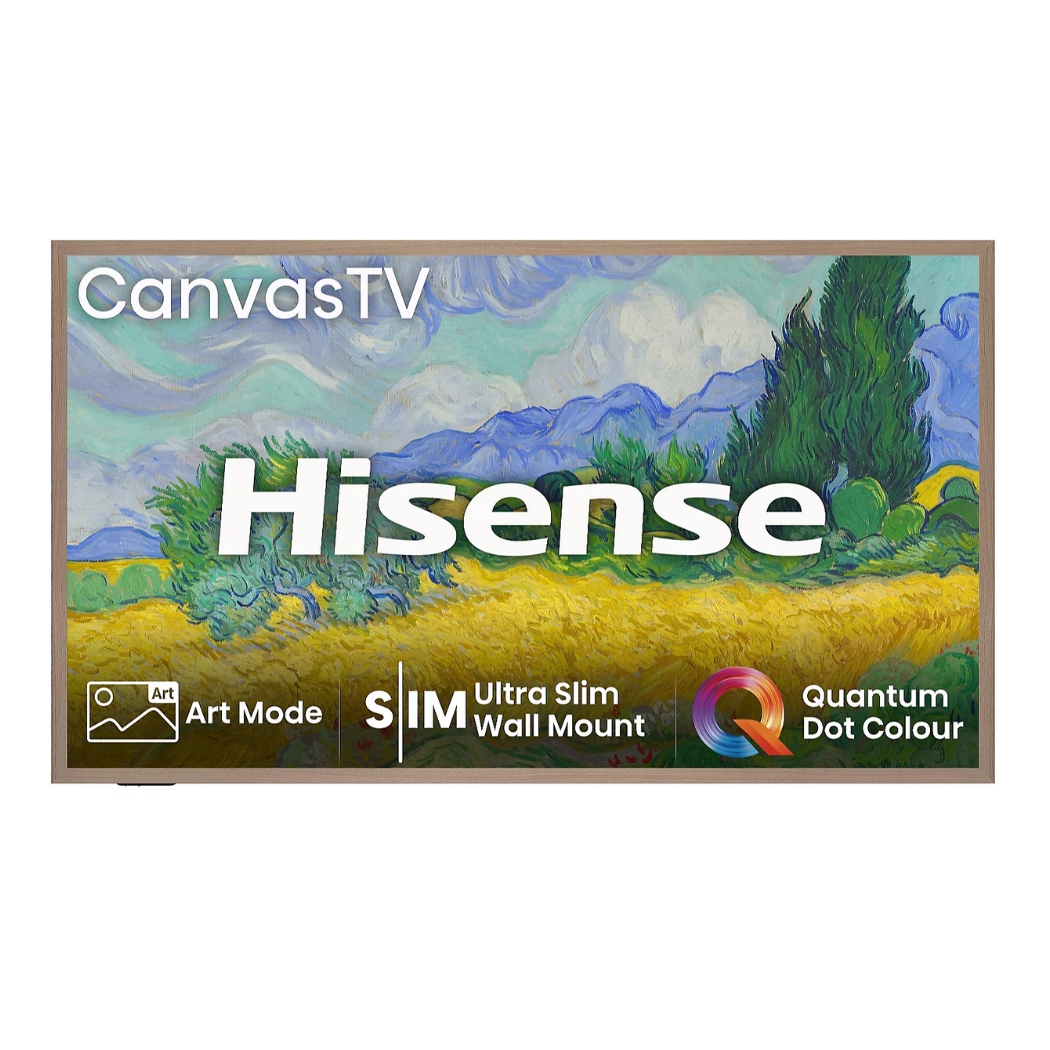
The Hisense Canvas is a designer TV that comes in both 55-inch and 65-inch sizes. In both cases, there is a matte finish for a glare-free viewing experience. This is useful especially when in Art Mode, where the TV acts as a framed wall art display unit — clearly seen from any angle as close to print as you can get, while still allowing you to vary what you display instantly.
Picture quality
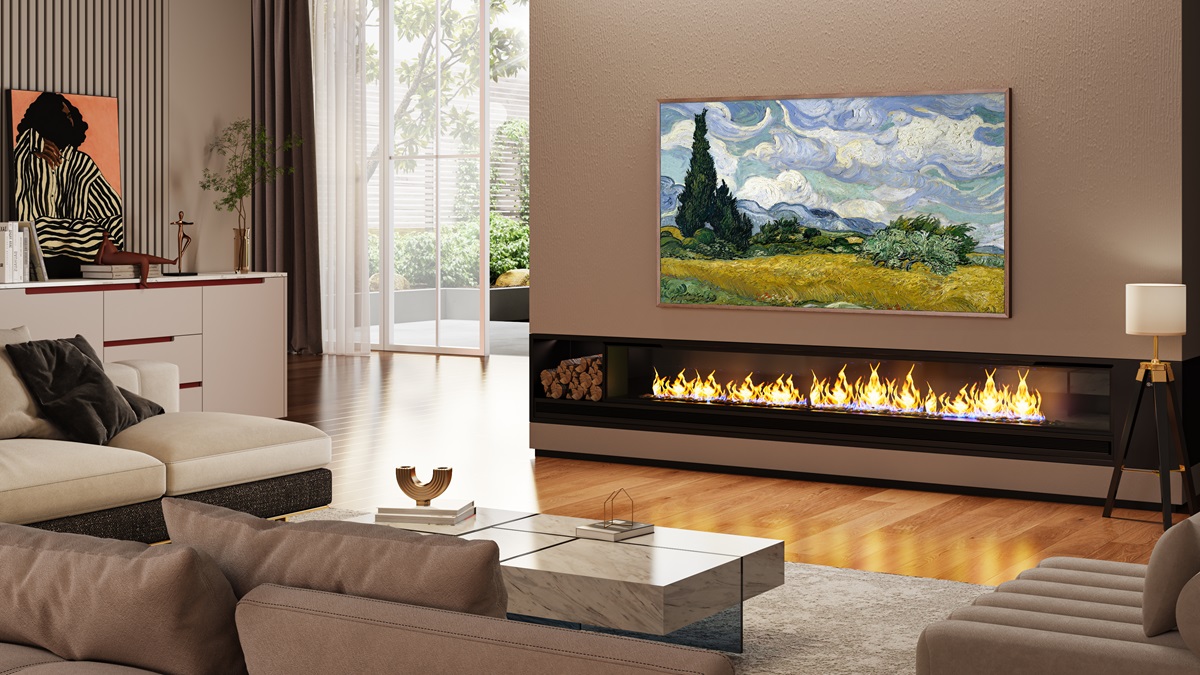
Samsung and Hisense both make OLED TVs, which are the best when it comes to picture quality. You can get brighter images from QLED, but for all-round depth, speed, and range, it's tough to beat OLED.
Samsung offers one type of HDR codec. This is the tech behind how many colors the screen can display and ultimately how good that dynamic range is, leading to a smoother and more realistic finish.
Samsung uses HDR10+, which has 10-bit, topping out at just over one billion colors. Another codec, Dolby Vision, offers a 12-bit color gamut for 68 billion colors.
Most manufacturers support one codec or the other. Hisense has several TVs that support both codec formats.
Of course, these codecs are used by different streaming services too, so it might not matter which one is supported if you only have access to one type. That said, processing is important, and while some Samsung TVs might have more advanced processing, if you have better input thanks to Hisense's codec support, that will always win out on quality.
Refresh rates are also important, especially when it comes to gaming. Samsung has TVs that go as high as 240Hz, while Hisense tops out at an also impressive but lower 165Hz.
Both now use AI smarts to enhance the image quality, although with more experience in screen manufacturing and software enhancements, it's Samsung that has a better quality image in many cases. You can read a bit more about Samsung's Vision AI here.
Hisense can offer better brightness, HDR, and processing results. Yet Samsung can deliver better judder removal and reflection handling. It can come down to what it is you need from your TV. This is as close to a draw as a round can ge,t but Samsung wins thanks to some better smarts on its top-end models.
Winner: Samsung
Sound quality
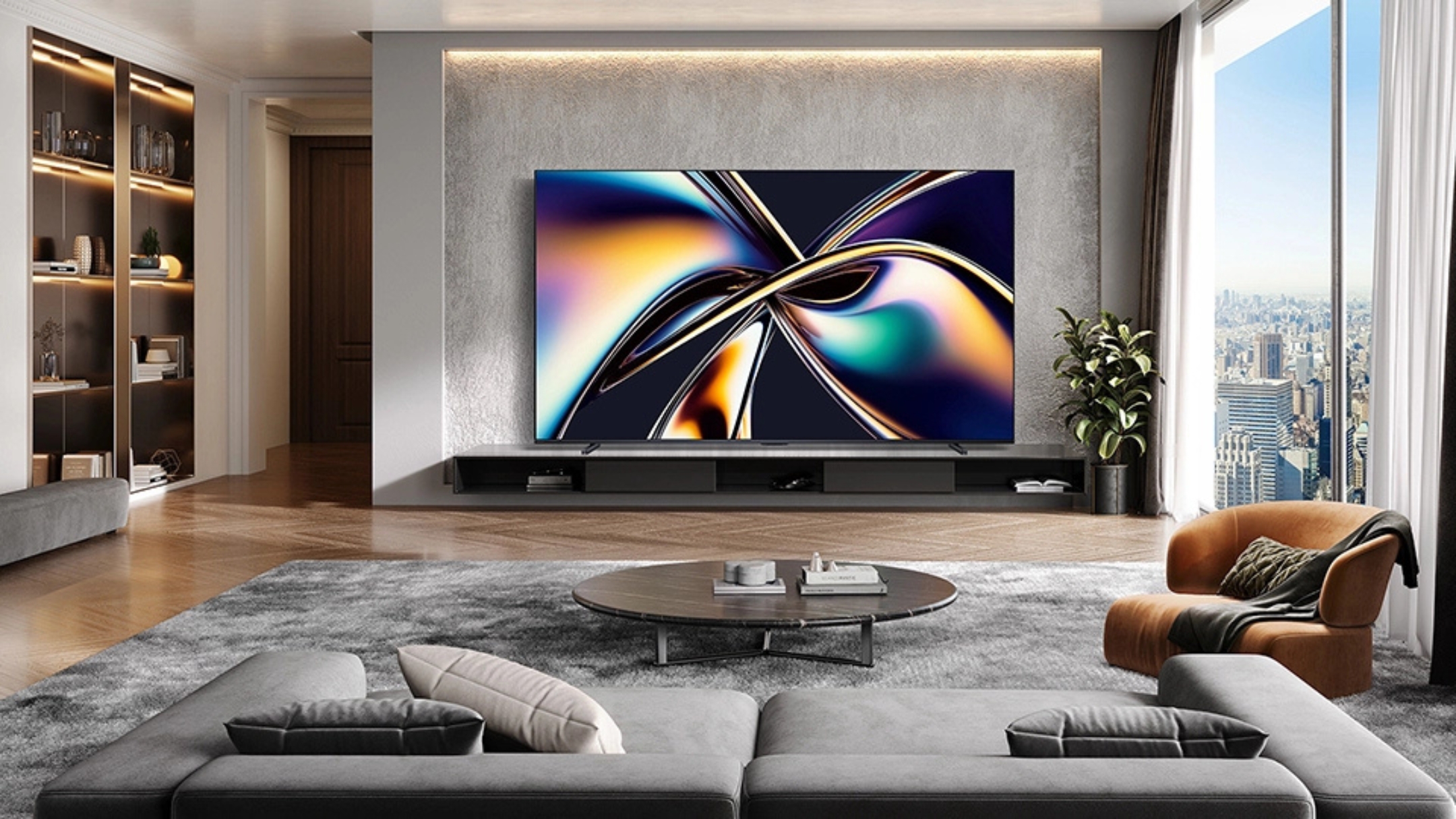
The slim nature of modern TVs means sound quality can only go so far. If you want a really immersive movie experience, then a sound system, with a sub-woofer, is going to be needed.
That said, Hisense is a rare brand that offers a sub built-in, plus it has some smart audio features. When it comes to value, Hisense can offer some decent audio for mid-range pricing. The Hisense U8N, seen here on Amazon for example, gets you mini-LED display quality with some impressive 2.1.2 channel audio — thanks to that built-in sub-woofer — plus Dolby Atmos and DTS:X support thanks to up-firing speakers that shoot sound around the room.
Samsung does offer some very smart sound processing to deliver a realistic audio experience. Samsung has its Object Tracking Sound (OTS) feature, which is able to simulate surround sound to make it appear like objects are moving in the room as they do on the TV. Since there are a small number of speakers and they are all in close proximity, this is limited, of course. But it does make it stand out over the Hisense competition. This round is a tough call, but thanks to that built-in sub and Dolby Atmos support, Hisense clinches it.
Winner: Hisense
Price
Hisense is currently working on undercutting Samsung, but since both offer such a range of options, this is a competitive space.
Hisense definitely offers more affordable options, but that doesn't mean scrimping on quality. And this is the point. You can buy a mid-range Hisense TV and find it has features that compete with or even outdo other premium TVs from brands including Samsung.
Samsung allows you to get some really powerful premium TV features at competitive prices. Rather than paying a premium, you could go for OLED alternatives such as QLED, and thanks to Samsung's smarts, it will still offer an impressive picture quality backed by great software and smart audio immersion. And, of course, Samsung design always pays attention to detail for a quality finish.
Winner: Hisense
Ease of use
Samsung and Hisense offer their own operating systems and app based controls for their TVs.
Samsung uses a version of Tizen OS, developed itself, for a bespoke finish with apps and smartphone connectivity focused around Samsung apps and devices. This in a nicely uncluttered setup and the recently used tab makes popping back into your most accessed apps very simple. This has the Bixby voice control system which is fine for TV controls but little else.
Hisense uses its VIDAA Smart TV OS (although for the US it's Android). This is built on Linux and is designed to be easy to use while still offering a personalized expereicne. As such everything is nice and minimal yet there are still a good selection of apps. It's not as wide-spanning as Samsung in terms of options but if you want simple then it's ideal.
Winner: Samsung
Verdict
When Samsung and Hisense go up against each other, it's always going to be a close call as each offers a wide range of options with some great affordable choices and all-around attention to detail when it comes to design.
Both Samsung and Hisense offer design-specific models with Samsung's The Frame and Hisense's Canvas, making for excellent options for those seeking a TV that doubles as a digital art frame.
For screen quality, sound quality, ease of use, and pricing, both score highly. Overall, it's Hisense that gives you more bang for your buck while Samsung lays out some more premium options for those that want the very top-end. But with impressive sound support from Hisense and more codecs than most, this is a very compelling option.

Luke is a veteran journalist and editor of over two decades where he has written about everything but specialises is technology, science, health and fitness, smart homes and health. He contributes to Real Homes, T3, Tom's Guide and TechRadar, among many other titles. As a father of two, any spare time he gets is enjoyed surfing, reading, hiking, camping and generally getting out in nature.